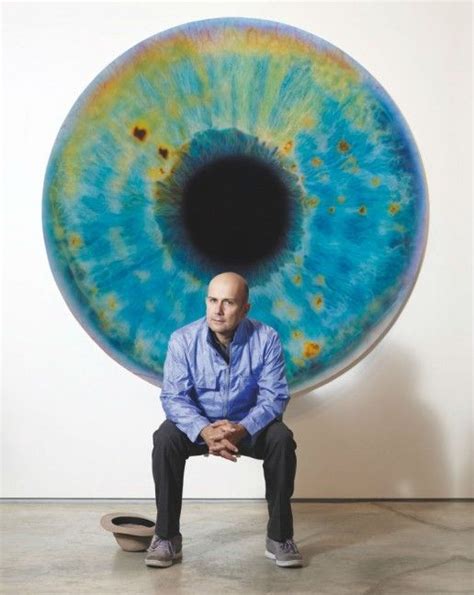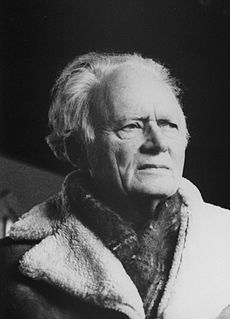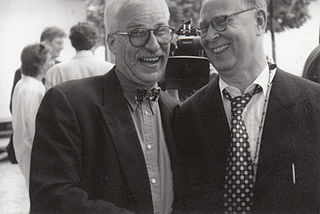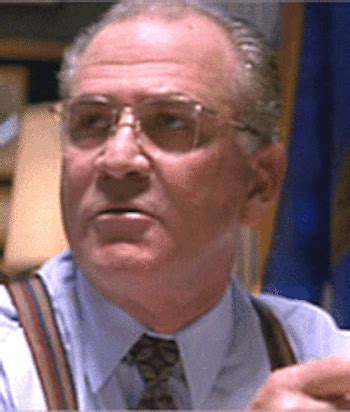A Quote by Marc Quinn
I'm interested in the fact that within science, you're dealing with properties of the real and physical world, and by using those properties you're really getting more in touch with the basis of reality and using that expressively.
Related Quotes
The importance of group theory was emphasized very recently when some physicists using group theory predicted the existence of a particle that had never been observed before, and described the properties it should have. Later experiments proved that this particle really exists and has those properties.
I agree that science is the best way of understanding the natural world, and therefore that we have reason to believe what the best science tells us about the objects in that world and the relations between them. But this does not mean that the natural world is the only thing we can have true beliefs about. The status of material objects as things that are "real" is a matter of their having physical properties, such as weight, solidity, and spatio-temporal location. In order to be real, such things need not have, in addition to these properties, some further kind of metaphysical existence.
I think the most important work that is going on has to do with the search for very general and abstract features of what is sometimes called universal grammar: general properties of language that reflect a kind of biological necessity rather than logical necessity; that is, properties of language that are not logically necessary for such a system but which are essential invariant properties of human language and are known without learning. We know these properties but we don't learn them. We simply use our knowledge of these properties as the basis for learning.
Our science fails to recognize those special properties of life that make it fundamental to material reality. This view of the world - biocentrism - revolves around the way a subjective experience, which we call consciousness, relates to a physical process. It is a vast mystery and one that I have pursued my entire life.
I hold that space cannot be curved, for the simple reason that it can have no properties. It might as well be said that God has properties. He has not, but only attributes and these are of our own making. Of properties we can only speak when dealing with matter filling the space. To say that in the presence of large bodies space becomes curved is equivalent to stating that something can act upon nothing. I, for one, refuse to subscribe to such a view.
The best and safest way of philosophising seems to be, first to enquire diligently into the properties of things, and to establish those properties by experiences [experiments] and then to proceed slowly to hypotheses for the explanation of them. For hypotheses should be employed only in explaining the properties of things, but not assumed in determining them; unless so far as they may furnish experiments.
For example, the idea that objects have properties out there in fixed ways is an incorrect idea about the world. Properties are created through relationships and processes. They are not inherent in electrons or photons or quanta any more than they are inherent in soil or trees or people. So my critique of reductionistic science is a critique that I have inherited from my scientific training. But it has been deepened by my experiences as an ecologist, in seeing the ecological destruction taking place today.
I don't see a lot of studio executives caring at all about what the culture is telling us. They think they make the culture. They're not out taking the temperature of things and using the results of whatever sort of cultural surveying they're doing to make movies. They're interested in doing things that people are already comfortable with, and taking those properties and filling them.







































